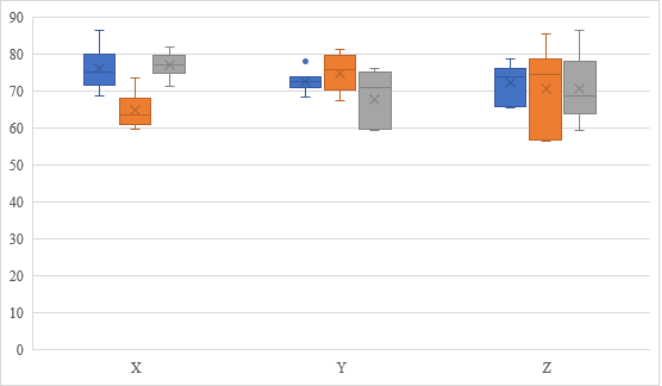Optimize Urban Infrastructure Planning Based on Big Data and Enhance Xi'an's Urban Image
Main Article Content
Abstract
Infrastructure is an essential support for urban operation, and a city's image is directly related to citizens' quality of life and the city brand's construction. Urban infrastructure distribution, equipment types, network switching, and other issues have always restricted the development of communication in Xi'an City, and the addition of big data technology has further increased the communication pressure in Xi'an City and affected the image of Xi'an City. In this paper, we take Xi'an urban infrastructure as the research object and combine the python method to obtain the big data information in the network and the data in the wireless self-organizing sensor. Then, the incomplete data was eliminated, the data was mapped to the 0~1 interval logarithmic manner, and a standardized processing set was formed. Set up wireless ad hoc sensor devices, collected infrastructure-related data, and summarized data through extensive data analysis. At the same time, based on social urban image data, public demand data, and urban infrastructure evaluation results, the content of urban planning is adjusted to better meet the expectations of the public and provide targeted planning solutions. Finally, according to the data fitting, the matching of wireless ad hoc sensor network and city image improvement is realized, and the reasonable planning of infrastructure is promoted. The results of urban image analysis show that wireless ad hoc sensor networks and big data technology can simplify the steps of urban infrastructure planning, reduce urban planning costs, enhance the functionality of the infrastructure, reduce the public complaint rate, and meet the requirements of Xi'an urban image improvement.
Article Details
How to Cite
Zhang, Y., & Lai, C. C. (2024). Optimize Urban Infrastructure Planning Based on Big Data and Enhance Xi’an’s Urban Image. International Journal of Communication Networks and Information Security (IJCNIS), 15(4), 180–192. https://doi.org/10.17762/ijcnis.v15i4.6337
Issue
Section
Research Articles

This work is licensed under a Creative Commons Attribution-NonCommercial-ShareAlike 4.0 International License.

